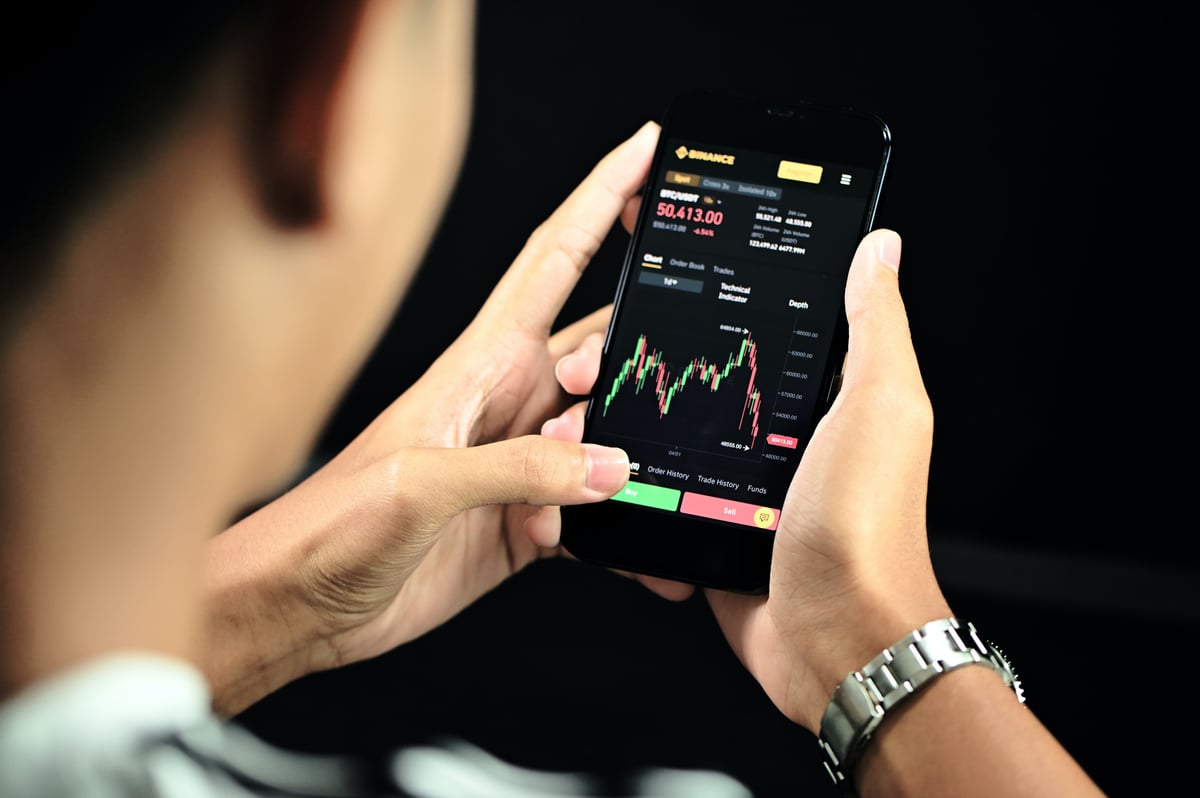Everything You Need to Know about Decentralized Financing
Along with the decentralization of work across the globe, a relatively new technology has also gained traction during the pandemic. People call it decentralized finance, and it’s expected to create massive changes in the way financial transactions are carried out.

What is decentralized finance?
Decentralized finance, or DeFi, refers to financial services that are not managed and regulated by banks and other institutions. It runs on blockchain and cryptocurrency technologies, with smart contracts being utilized to mediate buyer-seller negotiations.
To understand how DeFi works, let’s expound on the use of smart contracts.
A smart contract is the digital version of traditional contracts. It uses computer code in laying down the terms and conditions of an agreement instead of paper or electronic documents. Everything takes place automatically on the blockchain through programmed steps.
Read Also: What is Blockchain?
In the case of DeFi, smart contracts can screen and approve/deny transactions. Participants must meet its predetermined conditions (e.g., confirming receipts of goods) to trigger appropriate actions (e.g., releasing of payment). Once completed, the action can’t be undone and only those who have the permission can access its results.
Centralized vs. decentralized finance
The majority of the financial activities we know today are centralized. We flock to banks, insurance companies, and other related entities to save money, get insurance, and avail of other financial services. DeFi makes it possible to perform all these by ourselves.
Let’s simplify it a bit using a setup we’re all familiar with as an analogy: office vs. remote work.
In a traditional work arrangement, we need to go to the office first before we can do our job. It looks like this:
Employee → Office → Job
Centralized finance follows the same model. Before we can access online services — say, pay for a Spotify subscription — we need to connect it to our bank, a money transfer service, or other relevant third-party entity. It usually goes this way:
Consumer → Bank/Regulator → Service
As you can see, there’s always an intermediary to facilitate transactions between two parties.
Decentralized finance, on the other hand, removes the need for middlemen/gatekeepers. To illustrate, we’ll use the office vs. remote work example again.
Due to tight restrictions last year, most of us have to work from home. It only shows that it’s possible to do our jobs without going to the office. Thanks to the power of technology, we can connect with our teammates despite working in different locations, as shown below.
Employee → Job
DeFi provides direct access to a full spectrum of financial services. Instead of relying on intermediaries when getting loans, mortgages, or trading stocks and bonds, we can perform it directly on decentralized apps (dApps).
Consumer → Service
Decentralized finance applications
DeFi enables a more secure, streamlined, and efficient way of accessing finance. Among its applications include:
-
Borrowing and lending
DeFi makes peer-to-peer transactions possible through apps. With this feature, cryptocurrency users can use this to borrow or lend money to other cryptocurrency holders. dApps are also programmed to adjust interest rates accordingly to meet the changing demand and supply of these digital currencies.
-
Insurance
Getting insurance for assets, and insuring other people’s assets, is another application of DeFi. The entire process is self-governing and smart contracts guarantee a safe, fair, and reliable process.
-
Money transfer
Users can also send and receive money across the globe using their cryptocurrency wallets. In most cases, it only requires the recipient’s basic information. It’s also seamless, taking only a few minutes to complete.
-
Decentralized exchange
Decentralized exchange (DEX) refers to the activity of buying, selling, and trading cryptocurrencies on established platforms. To make it more secure, it gives users the ability to maintain full control of their cryptocurrency holdings instead of keeping them in a wallet that may be at risk of hacking.
-
Crowdfunding
DeFi crowdfunding helps startups and small businesses collect sufficient funds to start or keep their operations going.
Essentially, it works by matching investors with great investment opportunities. In return, borrowers can borrow money at lower rates while lenders can earn higher returns compared to traditional savings and investments.
Read Next: From Open Banking to Open Finance: What’s in it for your Business?
DeFi is good, but it’s better to take precautions
DeFi sounds promising, but just like any type of investment, it’s still safer to approach it with caution. High returns mean higher risks. When considering DeFi, it’s crucial to invest not more than what you can afford to lose.
It is definitely here to stay. With its potential, it can create massive disruptions in the traditional finance arena. And while it’s still in its infancy stage, learning more about it can be the best way to prepare for the changes it will bring.
The business world is gearing up for a more automated future. CFOs must seek ways to quickly adapt to maintain their entity’s growth and success. As advocates of finance transformation, our finance and accounting advisors at D&V Philippines can help you modernize your approach while minimizing risks and increasing process efficiency.
Schedule a one-on-one consultation with us today to learn the solutions we have in store for you. You may also download our whitepaper, Premium CFO Solutions, to understand our services better.




